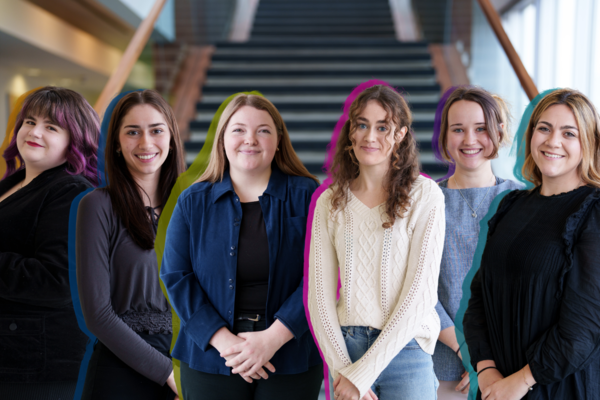
University of Waterloo scientist joins global effort to reduce childhood dental disease
A University of Waterloo health researcher is collaborating with colleagues around the world to develop a program to reduce incidences of childhood dental caries among First Nations populations







